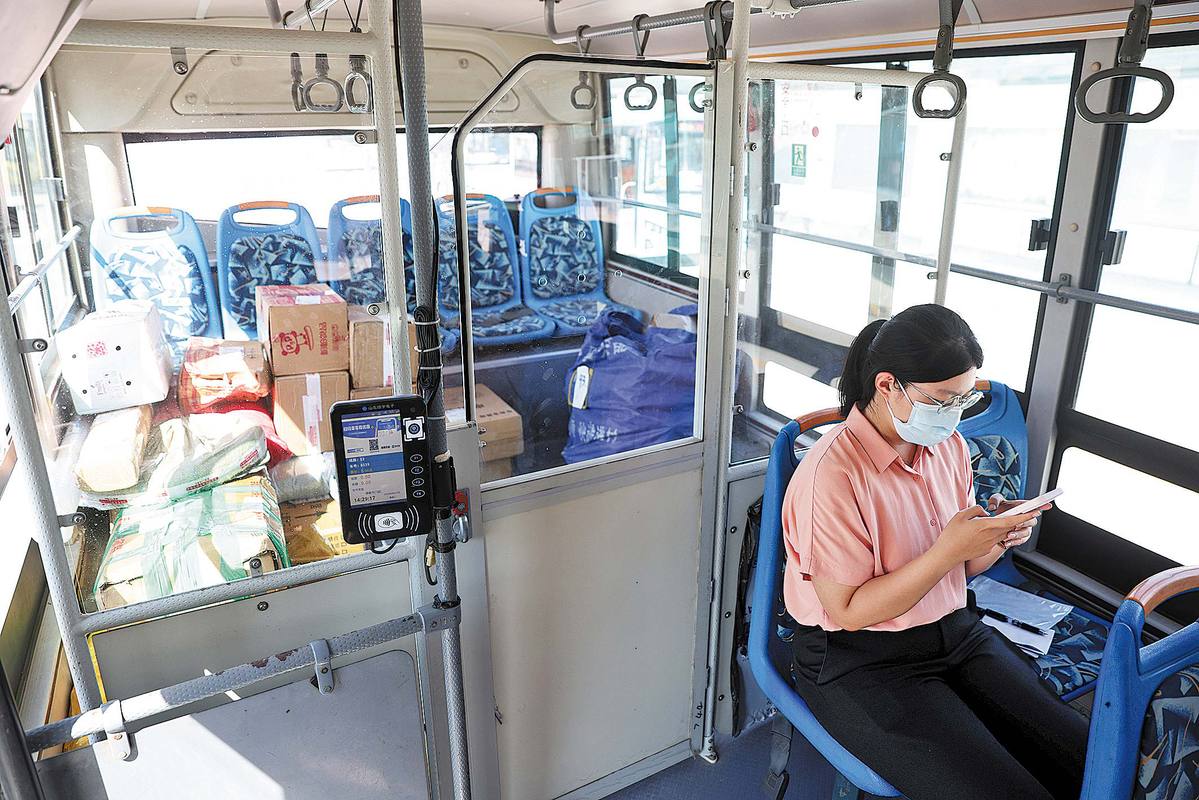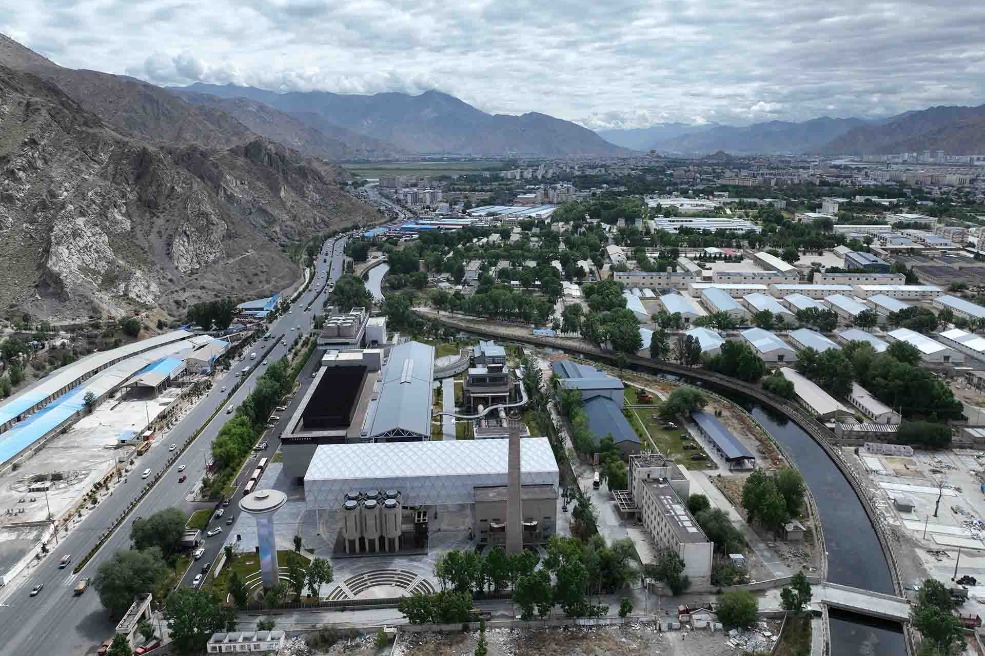Integrated parcel services delivering satisfaction


Joint distribution
The joint distribution center was established at the bus station in September last year to accommodate parcels from five major delivery companies: ZTO; YTO; STO; Yunda; and J&T Express.
"Our center receives about 70,000 parcels every day, and it delivers to 544 villages across the county," said Ren Jianbin, who is in charge of the center.
Trucks arrive twice a day, in the morning and the afternoon. It takes about 2 1/2 hours to sort the packages in the morning and afternoon, respectively, he said, adding that since the center opened, more parcels have arrived every day. Villagers are now more likely to use e-commerce services and place orders online, Ren said.
Before the center was established, about 50,000 parcels arrived at Yucheng every day, he said, adding that the number is expected to grow next year. The introduction of a sorting machine at the center has cut the time required for unloading, sorting and reloading. In the past, sorting was completely dependent on human labor, which took up to seven or eight hours a day, he said.
Before, most parcels would be delivered to rural areas the day after they arrived from Jinan, but now all those that arrive at Yucheng can be delivered to villages via scheduled buses within 24 hours. No parcel stays overnight, according to Ren.
"It has improved efficiency and reduced the time for parcel deliveries. Our intention is to benefit local people, bring effective express delivery services to villages and also control operating costs," he said.
Another innovation has been the accommodation of the five parcel delivery companies at the distribution center to solve the "last mile" problem.
Companies send their parcels from Jinan to Yucheng via their own trucks. Once the parcels arrive, the center's staff members handle the rest of the process — receipt (including sorting), reloading, and delivery to customers — no matter which company the parcels belong to.
It is costly for the companies to make their own deliveries to rural areas as the number of parcels they each deliver to individual villages is comparatively low, said Bai from the Yucheng Transport Development Center.
"It used to be a vicious circle. Because many parcels could not be delivered to villages, local residents were reluctant to buy things online. Thus, parcel delivery companies received less business in rural areas, which made them reluctant to spend more to deliver in those areas," he said.
To solve the problem and better integrate resources, the center was founded under the guidance of the local transport commission.
Since then, parcels from all five companies have been sorted and delivered together, reducing costs and improving efficiency, Bai said.
Ren, from the distribution center, said that cooperation to facilitate joint deliveries was not easy at the start. "Companies fought for the distribution of profits," he noted.




































